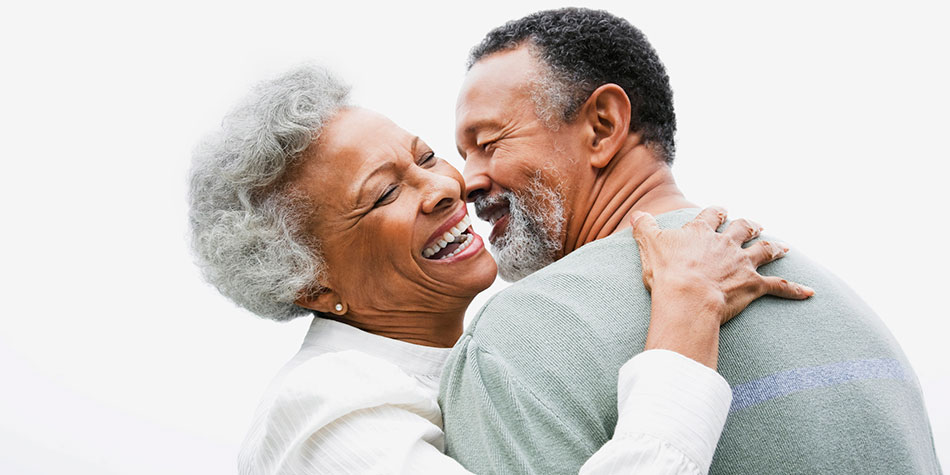
You have likely been trying hard to avoid contact with the SARS-CoV-2 virus for over a year and that is a wise thing to do! The pandemic of COVID-19 has affected us all, even those who have not been infected with the virus. Masking, social distancing, extra hand washing, and modified activities are part of everyday life in ways we could have never imaged in 2019! As a cancer survivor, have you found that you are more anxious about the virus than your “healthy” peers?
One of the most unsettling parts of this pandemic is the unpredictable nature of the disease. A 90-year old with multiple medical conditions might have a low-grade fever for a few days and enjoys a full recovery while a healthy 30-year old dies. It just doesn’t seem logical. As a cancer survivor, you might find that the uncertainty around the pandemic triggers memories and feelings that you faced during your initial cancer diagnosis. If you had chemotherapy as part of your treatment, the ongoing isolation of the pandemic might be reminiscent of the ways you protected yourself during the post-chemo immune suppression. As a survivor, it is normal to have increased fears about your health.
From the beginning of the pandemic we learned that high risk groups are more susceptible to severe disease and death from the COVID-19. In addition to age, high risk factors listed by the CDC include:
- high blood pressure
- obesity
- diabetes
- kidney disease
- heart disease
- smoking
What about cancer? Early reports have indicated that cancer might also increase the rate of severe complications from a COVID-19 illness, particularly in patients receiving active treatment or those with blood cancers (which effect the immune system) and lung cancers, since the virus has the greatest impact on the respiratory system. More recent larger studies have cast doubt on these initial results, finding that COVID-19 patients with cancer have similar outcomes to those without cancer (ACS, 2021). The CDC guidelines as of February 3, 2021 state, “Having cancer currently increases your risk of severe illness from COVID-19. At this time, it is not known whether having a history of cancer increases your risk.” (CDC, 2021) Both the National Cancer Institute and the American Cancer Society are doing long-range studies to determine the effect of COVID-19 and cancer over time. If you have had COVID-19 and cancer and are interested in participating in these studies, please see The COVID-19 and Cancer Consortium or National Cancer Institute for details.
As vaccines roll out across our communities many cancer survivors are wondering if the vaccines are safe for them. The short answer is “yes!” The vaccines have been shown to be safe and effective for people with a history cancer. The National Comprehensive Cancer Network (NCCN) has advised that people with cancer be prioritized to receive the COVID-19 vaccine. They recommend the highest priority for those on active treatment or 6-months post-treatment. (NCCN 2021). The two COVID-19 vaccines that are available in the US are both mRNA vaccines; neither are live vaccines. In people with a weak immune system, live vaccines can be dangerous. There are no live COVID-19 vaccines available in the US.
For cancer patients who are getting active treatment and have weakened immune systems, there is a theoretical concern that the vaccine may not be as effective as it would be with a healthy immune system. To put that another way, a cancer patient who is getting active treatment will not be hurt or sickened by the vaccine but they may not have the same level of immune response and therefore they may not be fully protected. If you are receiving chemotherapy or had a recent surgery, talk with your doctor. You might want to delay your vaccine for a week or two. If you are dealing with metastatic cancer and will be on continuous treatment, talk to your oncology team about the timing of the vaccine so you will get the most benefit of the vaccine.
The largest impact of COVID-19 on cancer will be seen over the next few months/years. As the pandemic closed down our normal activities, people delayed their routine care. There was a significant drop in mammograms, colonoscopies, cervical exams, and skin exams, all the things that help us find cancer at early stages. We know that even as cancer screenings were stopped due to the pandemic, cancer itself did not stop. The delay in detecting cancer will lead to diagnosis of later stage cancers.
It is estimated that the pandemic’s impact on screening schedules will lead to at least a 1% increase in breast and colon mortality of the next 10 years or 10,000 excess deaths (ACS, 2021). If you delayed any cancer screening or preventative measure, please consider getting back on track. Our experts at askSARAH, (816) 448-7737, can help you get set up for whatever you need. You can email the cancer survivorship team.
$webqFacilityNumber
Need a Physician?